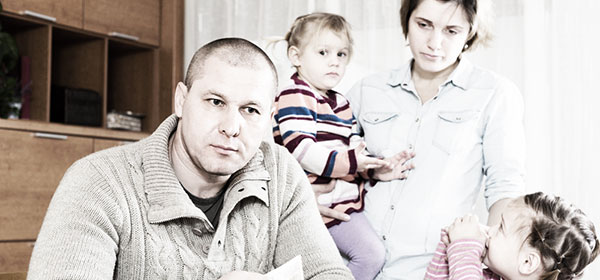The latest Household Income and Labour Dynamics in Australia (HILDA) survey shows that home ownership among the young is rapidly declining while mortgage debts are doubling. When combined, this could be disastrous for the Age Pension.
The annual HILDA survey is put together by the Melbourne Institute of Applied Economic and Social Research and is a truly representative household study that’s followed the same 17,000 individuals since 2001.
This year’s results reveal that home ownership among those under 40 is on the decline. In 2002, 36 per cent of 18 to 39 year olds were home owners, compared to 25 per cent in 2014. Home ownership among families in the same age group with dependent children has fallen from 56 per cent to 39 per cent in the same time.
<iframe width=”560″ height=”315″ src=”https://www.youtube.com/embed/6lI7qddOXjg” frameborder=”0″ allowfullscreen></iframe>
And mortgage debt had risen significantly. In 2002, the average home debt was around $169,000. In 2014, that figure had almost doubled to $337,000.
While low interest rates have made repayments manageable, this group will be extremely vulnerable when rates inevitably rise.
Further detail in the data showed that more younger Australians are living with their parents for longer. In 2001, 28 per cent of women aged 22 to 25 lived with their parents. In 2015, the number had risen to 48 per cent. For men, that figure has risen from 42 per cent to 60 per cent.
It could be speculated that children living with parents for longer may put a financial strain on older Australians, meaning they’ll have less money for retirement and an increased likelihood of reliance on the Age Pension.
However, the real worry is in the declining levels of home ownership among the younger generation. This will have negative implications for long-term economic wellbeing and will put pressure on the retirement income system.
The Government’s plans to allow the use of super as a savings vehicle for a home deposit may seem like a good solution, but it’s more likely to be only a short-term fix.
The more Australians must draw on superannuation balances, the less they’ll have in retirement.
The upside is that if they own, unencumbered, their home, they should have a lower cost of living in retirement.
Either way, current trends suggest that there may in the future be a strain on the retirement income system. This may be why Australians are retiring later in life. The number of Australians who are retiring by 64 years of age has dropped by 20 per cent since 2001.
What do you think? If you own your home, how do you think you’d manage if you were renting? Conversely, if you’re a renter, do you think your quality of retirement would improve if you owned your home? How long did your kids live with you? Did that change your retirement plans?
Related articles:
More parents footing the bill
Rent costs may bust pension system
Rich versus poor in retirement

